SUMMARY
This is AI generated summarization, which may have errors. For context, always refer to the full article.
The Philippine business community mourned the death of former president Benigno “Noynoy” Aquino III on Thursday, June 24.
In a statement, the Management Association of the Philippines (MAP) highlighted that the Aquino administration was “marked by impressive economic growth, with four credit rating upgrades and a significant increase in foreign direct investments, aided by his focus on transparency and good governance.”
The country’s gross domestic product grew an average of 6.2% during Aquino’s presidency, with inflation staying low at 1.4% and employment figures improving throughout his six-year term.
While the Aquino administration had its fair share of challenges, MAP said Aquino’s reforms in public infrastructure and institutions “created an engine for progress.”
MAP also lauded Aquino’s fierce stance against China on the issue of the West Philippine Sea.
“[H]e generated a new respect for the country on the world stage. The West Philippine Sea arbitral ruling is evidence of international recognition of our territorial integrity,” the business group said.
“In creating his place in history, each leader can only hope he leaves something better than what he found. The Philippines which President Aquino left behind was indeed a better place.”
The Makati Business Club (MBC) thanked Aquino for his service to the country and lifting Filipinos out of poverty.
“History will judge President Aquino well because he bettered our lives by improving the economy and combining pro-people social policies – modernizing education, expanding cash transfers,” the MBC said.
“He formed a relatively clean government that meant taxes went to public services and infra, while foreign and local businesses were excited to make job-creating investments.”
The Philippine Stock Exchange (PSE) noted that the capital markets posted strong gains during the Aquino administration.
“The Philippine stock market recorded several milestones during the term of President Aquino as his policies transformed the Philippines from a high credit risk to an investment grade rating country starting in 2013,” the PSE said.
In 2010, the PSE index stood at the 4,000 level. It peaked at the 8,000 level during Aquino’s last year in office in 2016.
The US-ASEAN Business Council also offered condolences to the Aquino family and the Philippine government.
“Former president Aquino was a true friend of the United States and the council, and I am deeply saddened by the news of his passing,” said Alexander Feldman, president and chief executive officer of the US-ASEAN Business Council.
“Over the course of his decades in public service, former president Aquino worked tirelessly to improve the lives of everyday Filipinos and as president succeeded in putting the Philippines back on the map economically.”
The Federation of Filipino Chinese Chambers of Commerce and Industry Incorporated said Aquino and his mother, the late former president Corazon Aquino, “were friends of the FFCCCII” and “contributed to Philippine economic development.”
“We at FFCCCII wish to convey our sincere condolences and prayers to the Aquino family,” said the group’s president Henry Lim Bon Liong.
Think tank Action for Economic Reforms (AER) condoled with the Aquino family as well.
AER thanked Aquino for passing the landmark sin tax reform law in 2012, “which created the momentum for sustained tax rate increases throughout the years” and for pushing for the passage of the reproductive health law despite strong opposition from the Catholic Church.
“To be sure, controversial and unpopular actions hounded his term, such as the Mamasapano incident and the Napoles scandal. Nonetheless, these controversies do not undermine PNoy’s standing as a reformist. He advanced pro-growth, pro-poor social and economic policies. And he continued the work of his mother in consolidating the democratic gains achieved from the people power that ousted the Marcos dictatorship.” – Rappler.com
Add a comment
How does this make you feel?


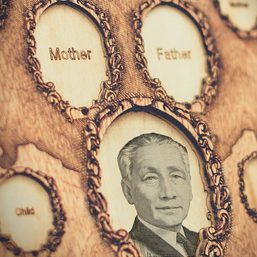
![[EDITORIAL] Marcos, bakit mo kasama ang buong barangay sa Davos?](https://www.rappler.com/tachyon/2023/01/animated-marcos-davos-world-economic-forum-carousel.jpg?resize=257%2C257&crop_strategy=attention)
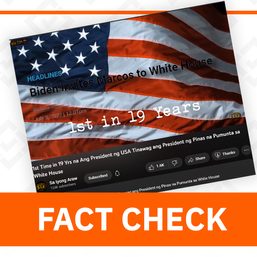
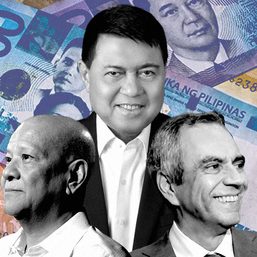
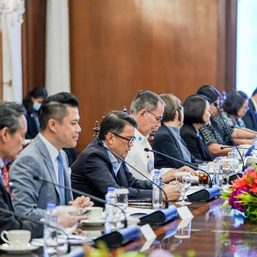
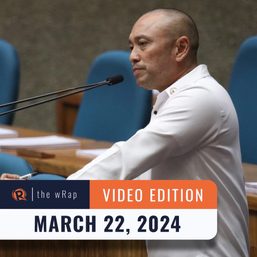
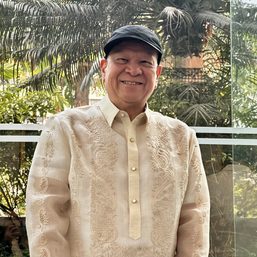

There are no comments yet. Add your comment to start the conversation.